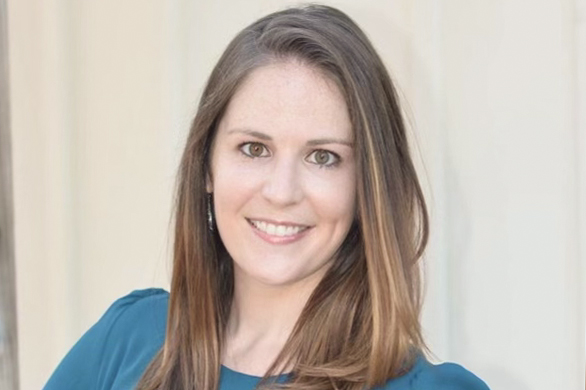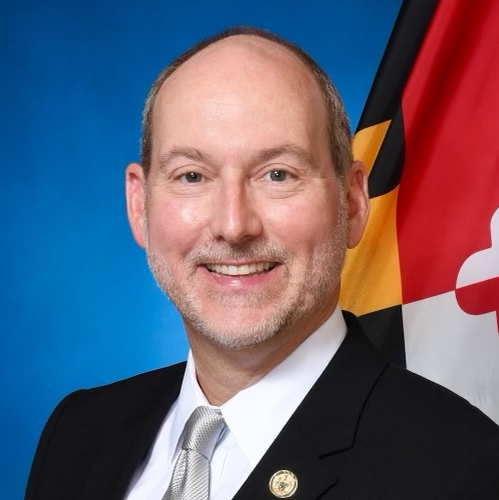As you settle back into the flow of the academic year, you may be looking for ways to spruce up your life, or at the very least, your course schedule.
Maybe you uncovered a new minor, want to dodge an 8 a.m. or you are looking to avoid classes with the five most annoying people in your major. Either way, here are some new classes being offered this fall that could be the perfect addition to your schedule.
PSC 1000: Demagogues and Democrats (Waitlist)
Caleb Schmotter, a fifth-year doctorate student teaching the course, said the class explores a variety of topics like the purpose and responsibility of a state and who belongs within one. The class revolves around a semesterlong simulation broken into two parts: ancient Athens after the Peloponnesian War and India right before gaining independence from Britain.
In the simulation, students are assigned a historical figure from the respective time period, including that character’s political and personal goals. The catch? Schmotter said students can choose how to portray the character by either following historical precedent or paving their own path to explore what could have been.
He said there are “underdog roles,” like in the Athens simulation, in which students won’t advocate for democracy or oligarchy but instead want to be a tyrant.
“They’re really relevant to the current age but especially in politics in the U.S. today,” Schmotter said. “These are kinds of questions that we are grappling with, especially in terms of what are the responsibilities of our officials, who really belongs in our nation? How do we want to define who we are? What are the kinds of values that we have?”
He said this class is beneficial from a “practitioner’s perspective” because the students have to convince their classmates of the answers to these questions.
ENGL 3390: Poetry: Remix, Cover & Sample (Open)
Chet’la Sebree, an assistant professor of English in the Creative Writing Program, said she came up with this modernized poetry course several years ago while teaching at Bucknell University, and every student, whether or not in the Creative Writing Program, can get something out of it. In this class, students look at how poems can mimic music through listening to and talking through songs like Beyoncé’s “Before I Let Go.”
“I’m using music as an access point because I feel like it helps build some common language among students,” Sebree said. “And it also sort of breaks down the barriers of what people believe poems can be because I think people oftentimes think poems can be inaccessible or super complicated.”
She said some students may walk away from poetry classes not knowing how they can apply it to their everyday lives, but people like inaugural poet Amanda Gorman have shown poetry can be a crucial component of storytelling.
“People read poems at funerals, people read poems at weddings and so who knows, one day maybe something that they learned in my class will help them express something to a larger group of people,” Sebree said.
PUBH 3199: Design Thinking (Open)
Sarah Axelson, a Milken Institute School of Public Health lecturer, said she first proposed this course after teaching design thinking to public health practitioners when working for a national nonprofit organization. While teaching these professionals she realized innovation and product design weren’t being taught in a public health context to students.
“I felt like it was a missed opportunity to be able to give students not only the exposure to the topic but also the opportunity to really try it out and to finish the semester with their proposal for something new that they think should be developed,” Axelson said.
Axelson said this course is intended to teach students the process of innovation and human-centered design by teaching students how to develop new products, services or programs.
She said after working in design teams about their topic of interest, like issues around sustainability or mental health on campus, on the last day of class there is a “Pitch Fest” where students present ideas on what they should develop. Axelson said some judges at the “Pitch Fest” have even wanted to meet with students after the presentation to help further develop their ideas at GW.
She said “Pitch Fest” has been a part of this nonpermanent course when it was previously offered in the spring semesters of 2020 and 2022.
“To me, that’s the crux of why I teach and the joy that I get out of seeing students be able to come up with something, share it with others and see the potential impact that their idea can have,” Axelson said.
AMST 2490: Sex, Gender, Citizenship (Waitlist)
Emily Bock, an assistant professor of American studies, said the class examines how gender, sex and sexuality can complicate citizenship. The course design covers a variety of topics starting with the foundations of sex and gender before moving into ideas on how the scientific construction of sex and gender has influenced the legal system.
“So we tend to think of citizenship as something that’s a kind of legal standing or about nationalism or the nation state, right, it’s kind of a mediating relation to the state itself,” they said. “But unless we think about the body and the ways that it moves through the world, then we don’t quite understand what are the implications of that.”
Bock said they hope to help answer questions students already have about these topics, but also encourage them to ask questions in relation to their experiences.
“My goals are really just to get to know students and to help them navigate what I think are really kind of important and lively and personal and intimate kind of questions about themselves and about the world that we live in. And hopefully kind of get them to think differently as I want to always kind of push myself to do as well,” Bock said.



